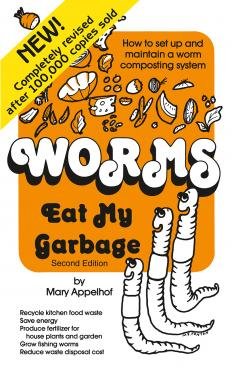

![]() Intensive Gardening
Intensive Gardening
The purpose of an intensively grown garden is to harvest the most produce possible from a given space.
Companion Planting
Companion planting, or intercropping, allows us to take advantage of
certain chemical interactions between plants.
Companion Planting Chart for Vegetables
Companion Planting Chart for Herbs
Intensive Planting
An intensive garden reduces wasted space to a minimum. The practice of
intensive planting is not just for those with limited garden space; rather,
an intensive garden concentrates work efforts to create an ideal plant
environment, giving better yields with less labor.
Cold Frame Gardening
I don't know about you, but sometime between the first of the year and Valentine's Day, I start to get cabin fever, the 'jitters', the "I've just
GOT to get my fingers in the dirt" thing.... I want something that tastes more 'homegrown' by now. It's the PERFECT time to start planning your cold frame or hot bed to get a jump on spring!
Air Layering for Easy Plant Propagation Propagating plants is a great way to make many plants from one, however many gardeners have not been very successful with rooting new plants from cuttings. Well there is a better way. Air layering is easy, and the success rate is much higher....
Raised Bed How To's
Plants in raised beds get more sun and air circulation and they can make
better use of water. You often can plant earlier and harvest later,
because raised beds warm up early in the spring and stay warm later in the fall.
Integrated Pest Management
Twentyfive years ago, Integrated Pest Management (IPM) seemed
a utopian dream to mainstream agriculturalists. The idea that
plant pests could be kept at acceptable levels without large
amounts of chemical pesticides ran counter to everything they
had been taught. But now IPM is embraced by nearly everyone
involved in the field. What has caused this turn around?
Introduction to Soil Fertility
Soil fertility is concerned with the inherent capacity of soil to provide
nutrients in adequate amounts and in proper balance for the growth of
specified plants when other growth factors such as light moisture and
temperature and the physical condition of the soil are favorable.
Permaculture
Permaculture is a conscious design and maintenance of systems
which have the diversity, stability, and resilience of a natural
eco-system. It is a harmonious integration of the land with people
- providing food, energy, shelter, and material and non-material
needs in a sustainable way.


 The food industry's digusting secrets exposed. How to protect yourself.
Click Here!
The food industry's digusting secrets exposed. How to protect yourself.
Click Here!

The book that started a backyard worm revolution! With more than 150,000 copies sold, this is the bestselling and remains the definitive guide to vermicomposting--a process using red worms to recycle human food waste into nutrient-rich fertilizer for plants. Author Mary Appelhof provides complete illustrated instructions on setting up and maintaining small-scale worm composting systems. Read More...